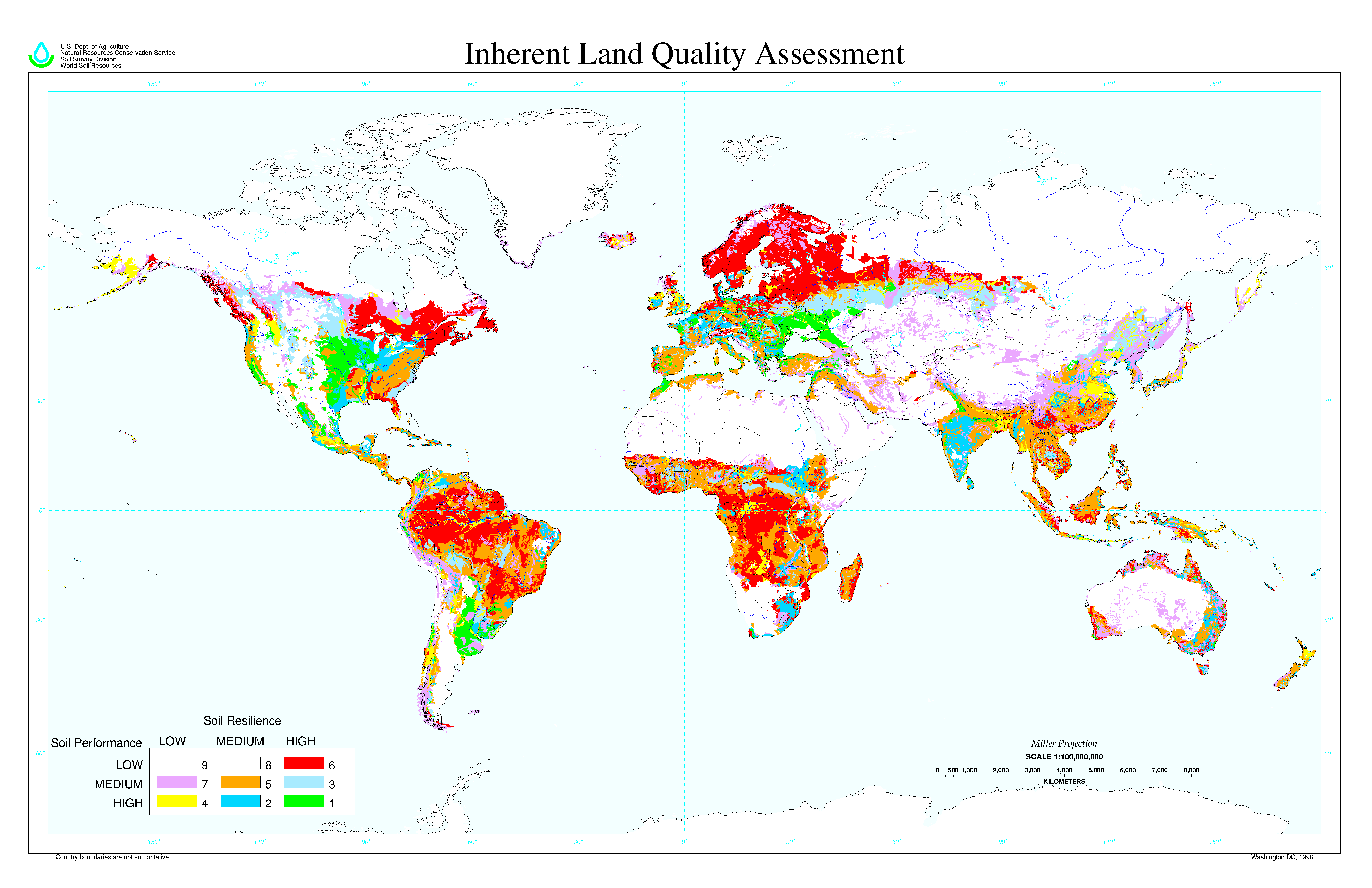A short history of Nauru, Australia’s dumping ground for refugees
Its phosphate reserves once made a speck in the Pacific one of the richest countries on Earth. Today Nauru is broke, barren and beholden to its neighbour
https://www.theguardian.com/world/20...d-for-refugees
A German colony in the 19th century and an Australian protectorate until the middle of the 20th, Nauru was once one of the richest places on Earth.
The island is largely made up of phosphate and in the “glory days” of the 1960s and 70s almost the entire country was stripmined for the valuable commodity, which was packed up and shipped off to be used as fertiliser around the world.
In the years post-independence in 1968, Nauru had the second-highest per-capita GDP in the world, behind only oil-rich Saudi Arabia. But the resource curse bit, and bit hard, and the money is now gone, squandered by a series of corrupt and incompetent governments who found extravagant and spectacular ways to lose the country’s wealth (including, notoriously, funding a disastrous West End musical based on the life of Leonardo da Vinci).
Nauru spent years in desperate penury. The country literally ran out of money. Its central bank went broke, its real estate overseas was repossessed, its planes seized off airport runways.
The outpost nation became a haven for money launderers – a billion dollars of Russian mafia money is estimated to have been washed through it – and its officials were reduced to selling passports.
Nauru even used its membership of the UN general assembly as a money-making exercise, accepting tens of millions of dollars in exchange for “recognising” countries, such as the Russian-backed breakaway republics Abkhazia and South Ossetia.
Its government was debased but it was Nauru’s people who suffered. Rapacious mining stripped 80% of the country, leaving it a barren moonscape of jagged rock, entirely unsuitable for agriculture, industry, forestry or even sport and recreation. When the phosphate ran out, unemployment hit 90% and the school system collapsed almost entirely, cruelling the futures of a generation.
Its phosphate reserves once made a speck in the Pacific one of the richest countries on Earth. Today Nauru is broke, barren and beholden to its neighbour
https://www.theguardian.com/world/20...d-for-refugees
A German colony in the 19th century and an Australian protectorate until the middle of the 20th, Nauru was once one of the richest places on Earth.
The island is largely made up of phosphate and in the “glory days” of the 1960s and 70s almost the entire country was stripmined for the valuable commodity, which was packed up and shipped off to be used as fertiliser around the world.
In the years post-independence in 1968, Nauru had the second-highest per-capita GDP in the world, behind only oil-rich Saudi Arabia. But the resource curse bit, and bit hard, and the money is now gone, squandered by a series of corrupt and incompetent governments who found extravagant and spectacular ways to lose the country’s wealth (including, notoriously, funding a disastrous West End musical based on the life of Leonardo da Vinci).
Nauru spent years in desperate penury. The country literally ran out of money. Its central bank went broke, its real estate overseas was repossessed, its planes seized off airport runways.
The outpost nation became a haven for money launderers – a billion dollars of Russian mafia money is estimated to have been washed through it – and its officials were reduced to selling passports.
Nauru even used its membership of the UN general assembly as a money-making exercise, accepting tens of millions of dollars in exchange for “recognising” countries, such as the Russian-backed breakaway republics Abkhazia and South Ossetia.
Its government was debased but it was Nauru’s people who suffered. Rapacious mining stripped 80% of the country, leaving it a barren moonscape of jagged rock, entirely unsuitable for agriculture, industry, forestry or even sport and recreation. When the phosphate ran out, unemployment hit 90% and the school system collapsed almost entirely, cruelling the futures of a generation.


 за справка виж науру имаха едни изкопаеми, създадоха поне фонд за парите от това за да има с какво да живеят след като се изчерпат тези изкопаеми но се оказа че фонда е оплюскан и сега разчитат на подаяния от австралия. това ги чака страните които разчитат на петрол, газ, метали - науру. защото никой не мисли в перспектива
за справка виж науру имаха едни изкопаеми, създадоха поне фонд за парите от това за да има с какво да живеят след като се изчерпат тези изкопаеми но се оказа че фонда е оплюскан и сега разчитат на подаяния от австралия. това ги чака страните които разчитат на петрол, газ, метали - науру. защото никой не мисли в перспектива
 ако минаваше тръбата през нас можеше ние да сме на загуба, направо супер, но пък ние сме щели да им продаваме
ако минаваше тръбата през нас можеше ние да сме на загуба, направо супер, но пък ние сме щели да им продаваме  )) Шегаджия. Колко земя имаме бе пич. Само в Украйна има 3 пъти повече и по плодородна. А Франция, Италия, Испания...няма земя?
)) Шегаджия. Колко земя имаме бе пич. Само в Украйна има 3 пъти повече и по плодородна. А Франция, Италия, Испания...няма земя? 
Коментар